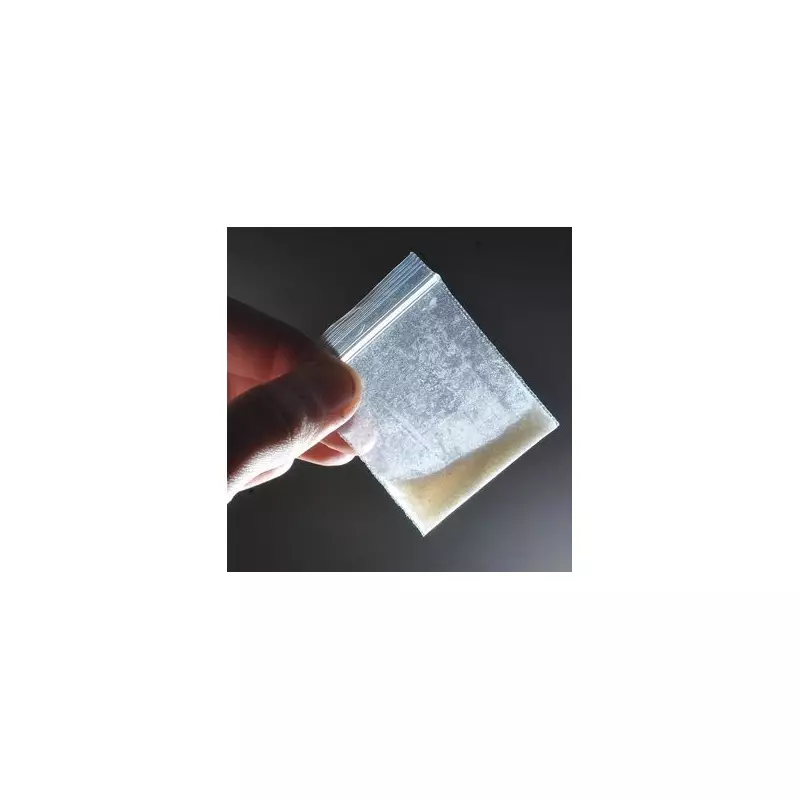
The Home Office has sparked controversy by rejecting proposals for stricter classification of poisonous substances, despite growing concerns about public safety and accessibility of dangerous chemicals.
Government Stands Firm on Current Legislation
Officials have defended their position, stating that existing regulations under the Poisons Act 1972 already provide "comprehensive and robust controls" over toxic substances. This response comes amid increasing pressure from safety campaigners and medical professionals who argue that current laws are outdated and insufficient.
Rising Concerns Over Public Access
Critics highlight that many potentially lethal substances remain easily obtainable through various channels, including online marketplaces. The current framework, they argue, fails to address modern distribution methods and emerging threats.
Expert Warnings Ignored
Medical associations and toxicology experts have repeatedly warned that the lack of updated classification could lead to preventable accidents and intentional misuse. Several high-profile cases have brought this issue to public attention in recent months.
What This Means for Public Safety
The government's decision means:
- No immediate changes to how poisonous substances are classified
- Continued reliance on legislation dating back five decades
- Limited oversight of online sales and modern distribution methods
- Potential gaps in protecting vulnerable individuals
Campaigners have vowed to continue their fight for reform, arguing that public safety must evolve alongside changing threats and market practices.





